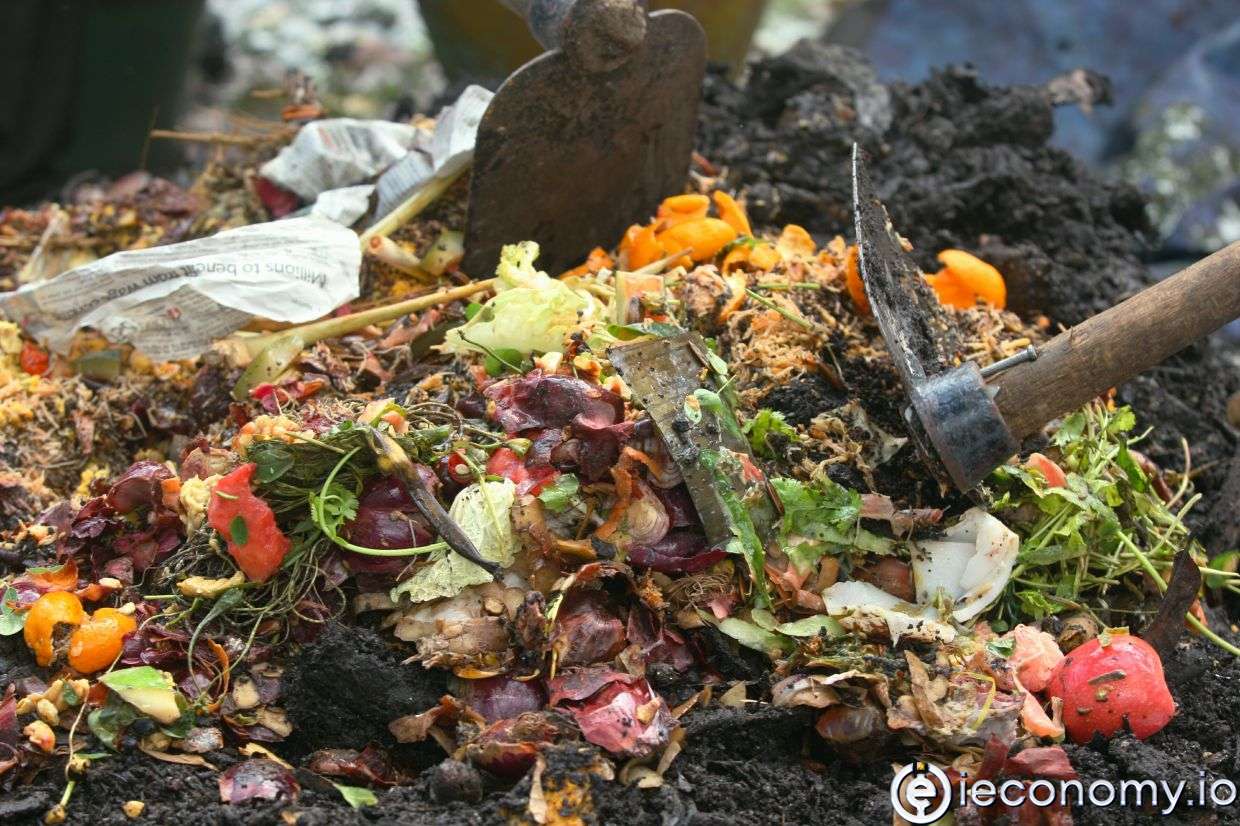4901
0
2.5 billion tons of food are thrown away every year worldwide
2.5 billion tons of food are thrown away every year worldwide. Half of the mentioned 2.5 billion is already disposed of on the farm.

Yazar: Tom Roberts
Yayınlanma: 26 Temmuz 2021 01:38
Güncellenme: 21 Şubat 2026 01:45
2.5 billion tons of food are thrown away every year worldwide
Around 2.5 billion tons of food are thrown away every year worldwide. Not only supermarkets or households waste food. About half of the mentioned 2.5 billion is already disposed of on the farm. This is a problem that is often overlooked. A report published by the World Wide Fund for Nature (WWF) and British food retailer Tesco shows that the amount of food discarded is almost double the previous estimates by the Food and Agriculture Organization of the United Nations. Food losses on farms amount to 1.2 billion tonnes, with a further 931 million tonnes of unused food going to retailers and consumers. The rest of the food loss occurs during transport, storage, production and processing. According to the study, 40 percent of all food produced in the world remains uneaten. "We have known for years that food loss and waste is a huge problem that can be minimized, which in turn could reduce the impact of food systems on nature and the climate," said WWF Pete Pearson in a statement. "This report shows us that the problem is probably bigger than we thought," he added. According to the study, uneaten food accounts for 10 percent of all greenhouse gas emissions. Previous studies have spoken of 8 percent. "Food production requires huge amounts of land, water and energy, so food waste has a significant impact on climate change," the report said. Richer countries in Europe, North America and Asia account for 58 percent of global food losses at harvest (ie about 368 million tons), accounting for only 37 percent of the world's population. Nevertheless, these countries focus primarily on reducing waste in retail and by consumers themselves. "Food loss on farms is a significant but overlooked area of food waste," the report said. The reasons for the surplus waste already in the first step include the separation of farmers from the market itself, which can lead to a mismatch in production volume or, for example, poor harvest timing.İLGİLİ HABERLER





European stocks soared and focus shifted to German retail sales after Powell's speech!

Forex Signal For TRY/USD: Inflation Slowdown in November.

Forex Signal For GBP/USD: Bullish Trend Still Not Breaking While Recovery Continues.

Forex Signal For EUR/USD: Starry US Data Points to Higher Fed Increases.

Forex Signal For BTC/USD: Downside Continues as Bitcoin Recovery Moves Less.
En Popüler Haberler
Yorum Yap
Yorumlar
Henüz yorum yapan yok! İlk yorumu siz yapın...